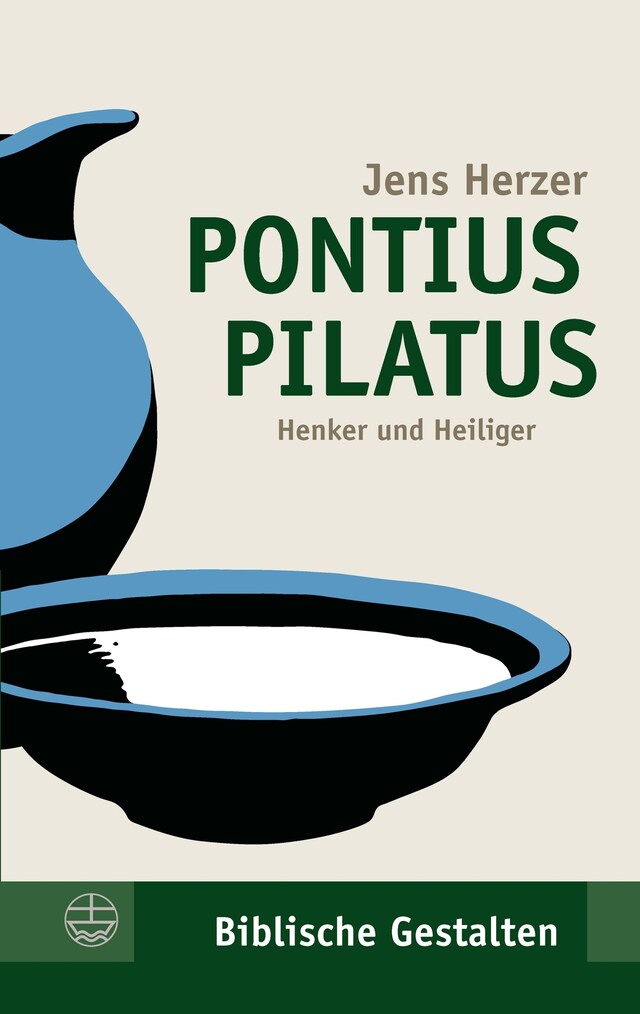
Pontius Pilatus
Henker und Heiliger
Description of the book
Was um alles in aller Welt hat ein römischer Provinzpräfekt im Glaubensbekenntnis der Kirche zu suchen? Wer war dieser Pontius Pilatus, eingeschrieben in das "kulturelle Gedächtnis" des Christentums? Weit über seine historische Funktion als römischer Beamter im Räderwerk der römischen Verwaltung hinaus ist sein Name im Bekenntnis untrennbar mit dem Todesschicksal Jesu verbunden, das nach dem Glauben der frühen Christen das Heil für die Welt bedeutet. Im Neuen Testament und darüber hinaus begegnet Pilatus als eine vielschichtige Persönlichkeit.
Jens Herzers ausgezeichnete Studie bringt vor allem die Spannung zwischen der historischen Person und ihrer Einbindung in eine vom Gottesglauben geprägte Deutung der Geschichte Jesu zur Geltung. Ist Pilatus in dieser Spannung Henker und Heiliger zugleich? Es wird gezeigt, in welcher Weise die Reminiszenz an Pilatus gleichsam zur "Erdung" des christlichen Glaubens beiträgt.
[Pontius Pilatus]
How on earth could the governor of a rather small Roman province obtain a prominent position in the Christian creed? Who was this Pontius Pilate, now inscribed in the "cultural memory" of Christianity? He was not only a Roman official in the administrative apparatus of the Roman Empire responsible for the crucifixion of Jesus, but his name is also inseparably bound to Jesus' death, which for Christians is the eschatological event of the world's salvation. Is Pilate a hangman and a saint at the same time? The New Testament presents him as a multifaceted personality. This book elaborates various aspects of Pilate's characterization both as a historical figure and with regard to his place in a Christian reading of the Jesus story. It seeks to demonstrate in which way the memory of Pilate contributes to a grounded understanding of the Christian faith.


